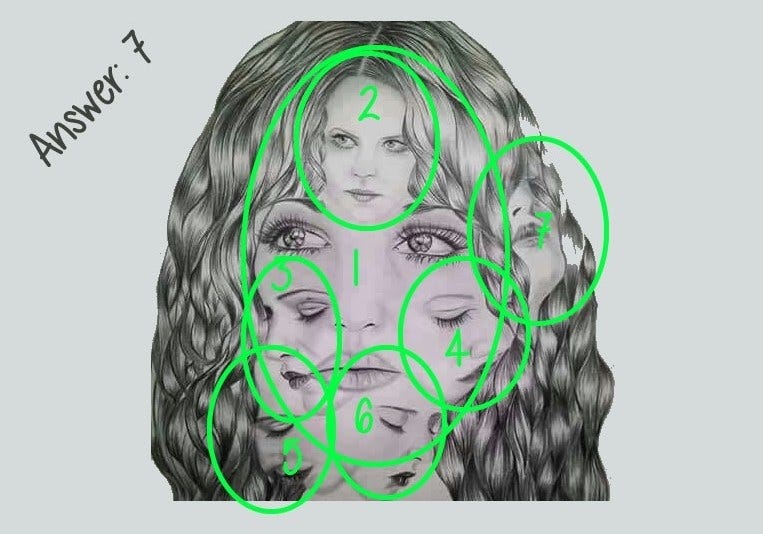Why you might believe in Bigfoot
Plus, the taxman cometh
“The number one reason for incivility is that people feel stressed or overwhelmed.” - Christine Porath.
BRAIN WAVES
Boo! Do you believe in ghosts? Your answer might depend on who you are. Typically, belief in the supernatural feels so personal, reflecting our individual convictions and upbringing. But, as the authors of a recent study in Socius write, supernatural beliefs “reflect collective social fears, desires, and perceptions of what it means to be human.” In fact, the researchers found that certain groups tend to believe in the supernatural more than others. For example, women were more likely than men to believe in zombies and special abilities like telekinesis. Asian Americans were most likely to believe in ghosts than other racial groups, and Black Americans were less likely than white respondents to believe in psychic healing and UFOs. The big takeaway, according to the study, is that belief in the supernatural — like many beliefs in general — is influenced by social forces.
At a loss. Yes, it’s the most boring time of the year – tax season. With the IRS filing deadline coming up on Monday, we all have our own strategies for navigating this difficult time, but there are some patterns to our behavior. Researcher Alex Rees-Jones looks at taxes through the lens of a concept called prospect theory, which was developed by Nobel Prize-winning economist Daniel Kahneman. Prospect theory suggests that people weigh their financial gains and losses differently. In the case of taxes, Rees-Jones has found that people are more focused on minimizing losses than they are on maximizing their potential returns. In other words, they’ll be more motivated to file their taxes well if they’re facing the prospect of cutting a check to the IRS than they will if they’re facing the possibility of receiving a refund.
Does power truly flow from the barrel of a gun? Pop culture and conventional history often teach us that violence is the most effective way to produce change. But is that common assumption actually true? Political scientist Erica Chenoweth, who has studied more than 100 years of revolutions and insurrections, says the answer is counterintuitive.
ON THE HIDDEN BRAIN PODCAST
April 11: It’s not your imagination: rudeness appears to be on the rise. Witnessing rude behavior — whether it's coming from angry customers berating a store clerk or airline passengers getting into a fistfight — can have long-lasting effects on our minds. But behavioral scientist Christine Porath says there are ways to shield ourselves from the toxic effects of incivility.
ON THE MY UNSUNG HERO PODCAST
April 12: Walter is walking through the desert, trying to make it to the U.S. When his legs give out, a stranger comes to his aid.
April 14: When Adrienne makes a cold call for her business, the stranger on the phone reminds her to believe in herself.
Don’t forget to send us the story of your unsung hero! Record a voice memo on your phone and email it to myunsunghero@hiddenbrain.org.
MIND GAMES
A man left home running. He ran a ways and then turned left, ran the same distance and turned left again, ran the same distance and turned left again. When he got home, there were two masked men. Who were they?
LAST WEEK’S PUZZLE
How many faces do you see in this picture?
Answer:
FROM THE TWITTERATI…
A MOMENT OF JOY
Continuing our series on dancing in the street from a few weeks ago, please enjoy.
Have an idea for Hidden Brain? A story you want to share with us? Send an email to ideas@hiddenbrain.org. And if you’d like to support our work, you can do so here. Listen to us on Spotify, Apple, Amazon Music or your favorite podcast platform.







